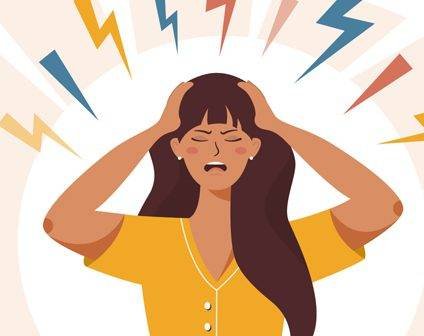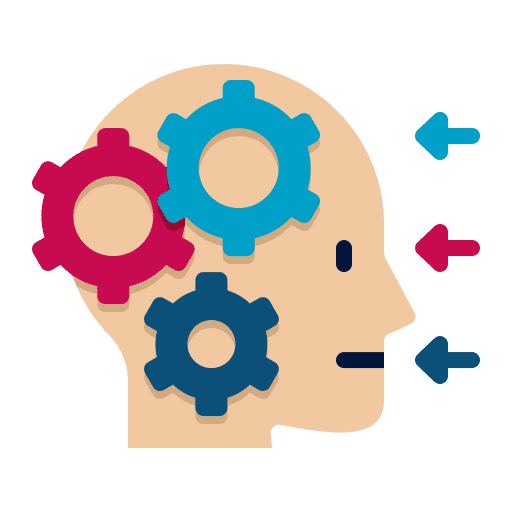
Types of Anxiety Disorders
- Separation Anxiety Disorder
- Selective Mutism
- Specific Phobia Panic Disorder
- Panic Attack
- Generalized Anxiety Disorder
- Social Anxiety Disorder (Social Phobia)
- Substance/Medication-Induced Anxiety Disorder
- Anxiety Disorder Due to another Medical Condition
- Other Specified Anxiety Disorder
- Unspecified Anxiety Disorder







